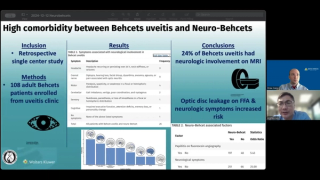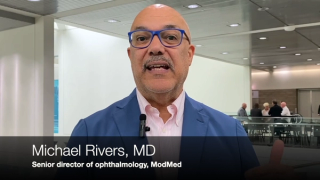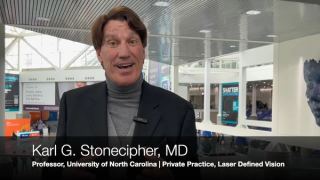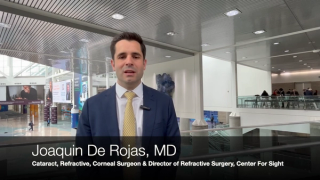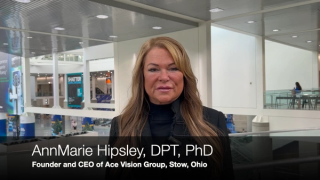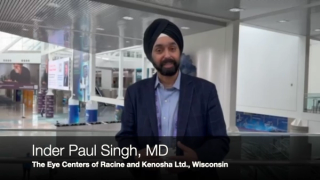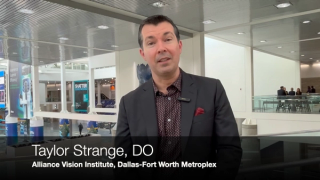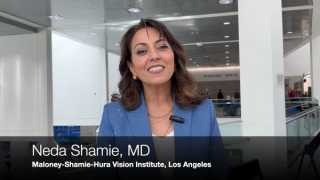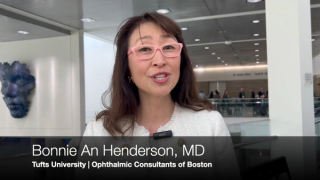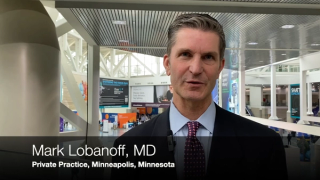
Clinical Diagnosis
Latest News
Latest Videos

CME Content
More News
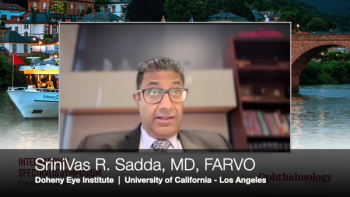
Improved axial resolution allows clearer visualization of early atrophic changes, including iRORA vs cRORA differentiation, as shared at the Heidelberg 2025 International SPECTRALIS Symposium – And Beyond (ISS).

From basal laminar deposits to foveal centering, a new framework refines what clinicians see—and what they treat—in outer retinal disease, as presented at the Heidelberg 2025 International SPECTRALIS Symposium – And Beyond (ISS).

With 35+ lectures, a NASA keynote, and a river cruise through historic Heidelberg, this year’s symposium blends science and scenery

On the heels of the drug's FDA approval, clinicians weigh in on acoltremon’s (Tryptyr) novel mechanism of action and its potential to address unmet needs in dry eye care
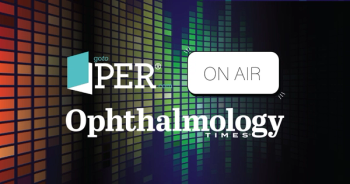




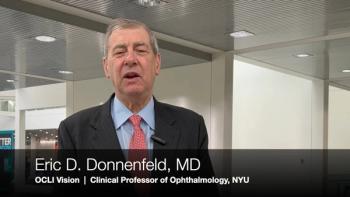
Early improvements in OSDI scores and tear osmolarity reinforce lifitegrast’s role in managing inflammation-driven dry eye disease.
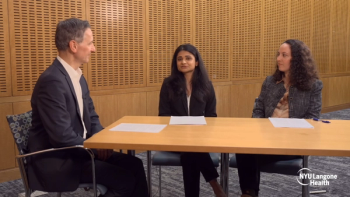
A conversation with David S. Friedman, MD, PhD, on treating uncontrolled open-angle glaucoma in patients with limited options
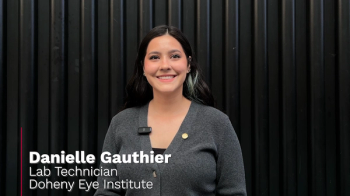
At ARVO 2025, in Salt Lake City, Utah, Danielle Gauthier talked about her poster on autosomal dominant Alzheimer disease in relation to optic nerve head drusen.

Shifting from a regulatory role to driving innovation directly, Eydelman discusses how the Collaborative Community on Ophthalmic Innovation is reshaping the field, streamlining outdated processes, and advancing patient-centered solutions worldwide.

A machine learning model incorporating treated astigmatism and nuanced inputs is advancing the precision and personalization of arcuate keratotomy planning
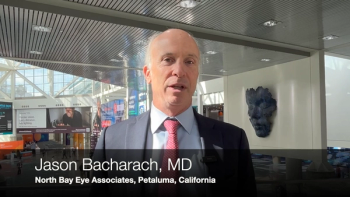
Perfluorohexyloctane demonstrated rapid symptom relief in patients with dry eye, with effects reported as early as 5 minutes after dosing.
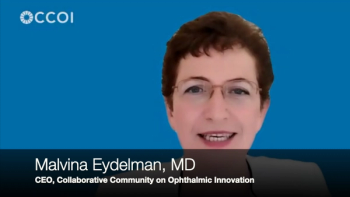
CCOI transforms ophthalmic innovation by uniting stakeholders, streamlining processes, and prioritizing patient perspectives for faster, impactful solutions.

Glaucoma management is shifting toward earlier, drop-sparing interventions using sustained drug delivery and advanced laser technologies that improve outcomes and quality of life for both patients and physicians.
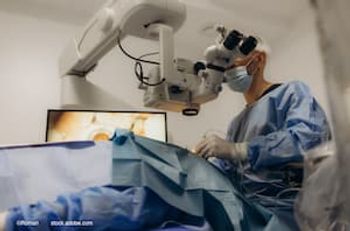
Alex Hacopian, MD, highlights how a recent ambispective study demonstrated strong visual acuity outcomes and patient satisfaction following bilateral implantation of an advanced presbyopia-correcting intraocular lens.
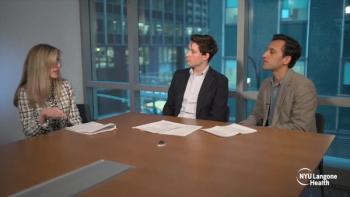
Researchers evaluate key measures for tracking disease progression in Usher syndrome type 2–related retinal degeneration
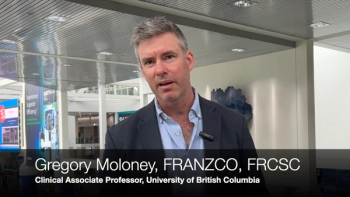
A study reports minimal rotation and improved near vision following implantation of the Eyhance toric lens.
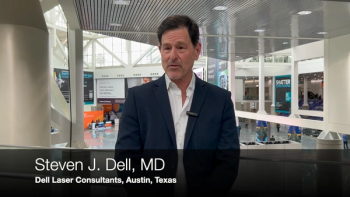
Data show excellent refractive stability, strong visual acuity across all distances, and contrast sensitivity comparable to monofocal IOLs.
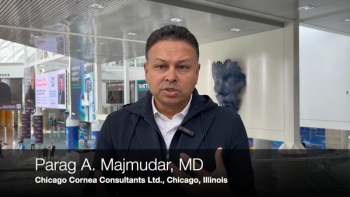
Majmudar encourages young surgeons to seek hands-on experience early and often, stressing the importance of real-world practice beyond the classroom.
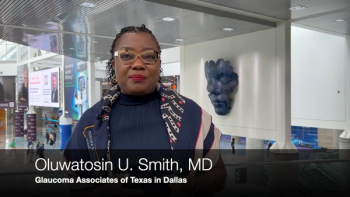
Explore innovative glaucoma treatments and technologies, including AI, home monitoring, and new surgical options, to enhance patient care.

From revised patient flow to smarter tech adoption, ophthalmologists share which changes from 2020 have become cornerstones of modern care—and how they’re preparing for the next big disruption

Ophthalmologists reflect on the transformative impact of COVID-19, highlighting adaptations in patient care, safety protocols, and the rise of telemedicine.







